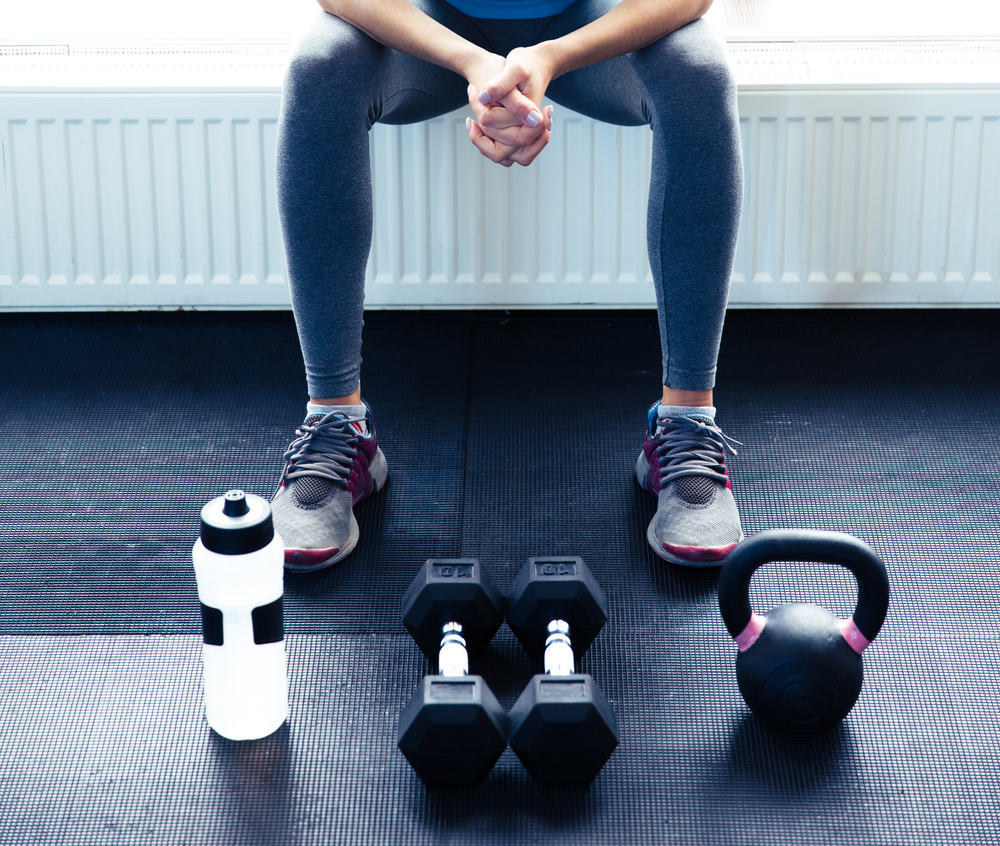Contents:
- Medical Video: How to resolve Pregnancy pelvic girdle pain, groin, hip and back pain
- What causes the pelvis to feel heavy?
- Knee-Chest Exercise:
- Kegel Gymnastics:
Medical Video: How to resolve Pregnancy pelvic girdle pain, groin, hip and back pain
Don't worry when your pelvis feels heavier or sick during pregnancy. As many as 80% of pregnant women experience pelvic pain, especially when they are at the end of the last trimester. The pelvis will feel stabbed, painful, and feels heavy due to pressure in the pelvic region. In serious conditions, pelvic pain will be accompanied by a heat sensation in the back and radiating to the abdominal area.
What causes the pelvis to feel heavy?
The baby's weight has increased and the baby's small head presses the lower part of the mother's body such as the bladder, pelvis, hips and spine, and joints and muscles. Fortunately, the baby in the uterus will stop pressing the diaphragm and lungs, so that the mother (finally) can breathe more deeply and freely after the baby is born.
To ease the pressure on the pelvis and lower back, try a few light exercises below.
Knee-Chest Exercise:
- Kneel, give a distance of 18 inches between knees.
- Stick your arms on the floor. The position of the pelvis will be higher than the chest.
- Tighten the abdominal muscles a little to relieve the pressure of the baby on the abdominal wall.
- The back remains straight, the thigh must be perpendicular to the floor and maintain this position for two minutes, and gradually increase the time to five minutes.
- Straighten and relax. Give pause to restore balance before rising.
- Repeat this exercise in your free time throughout the day as needed.
In addition to knee-chest exercises, you can try Kegel exercises to train the lower body muscles.
Kegel Gymnastics:
- Loosen and tighten the pelvic muscles as well as hold back the flow of urine when urinating.
- Insert this exercise between your daily activities at home and office, such as sitting, standing, walking, driving, and watching TV. Try to use a count of time, for example when you ride an elevator, tighten the pelvic floor muscles and slowly relax each elevator to move the floor.
- Try to tighten the muscles from front to back, including the anus (rectum) as in the exercise above. Do this exercise every morning, evening and night (three times a day). Start each movement 5 times and add gradually to 20-30 times.
Apart from the above exercises and exercises, try:
- Take a warm bath. Water will reduce the effects of gravity for a while.
- Live acupuncture. Acupuncture is an increasingly popular method for alleviating all types of pregnancy disorders, including pelvic pain.
- Call the doctor. Discuss with your doctor about muscle relaxants and painkillers that are safe for pregnant women if pain in the pelvis gets worse.












